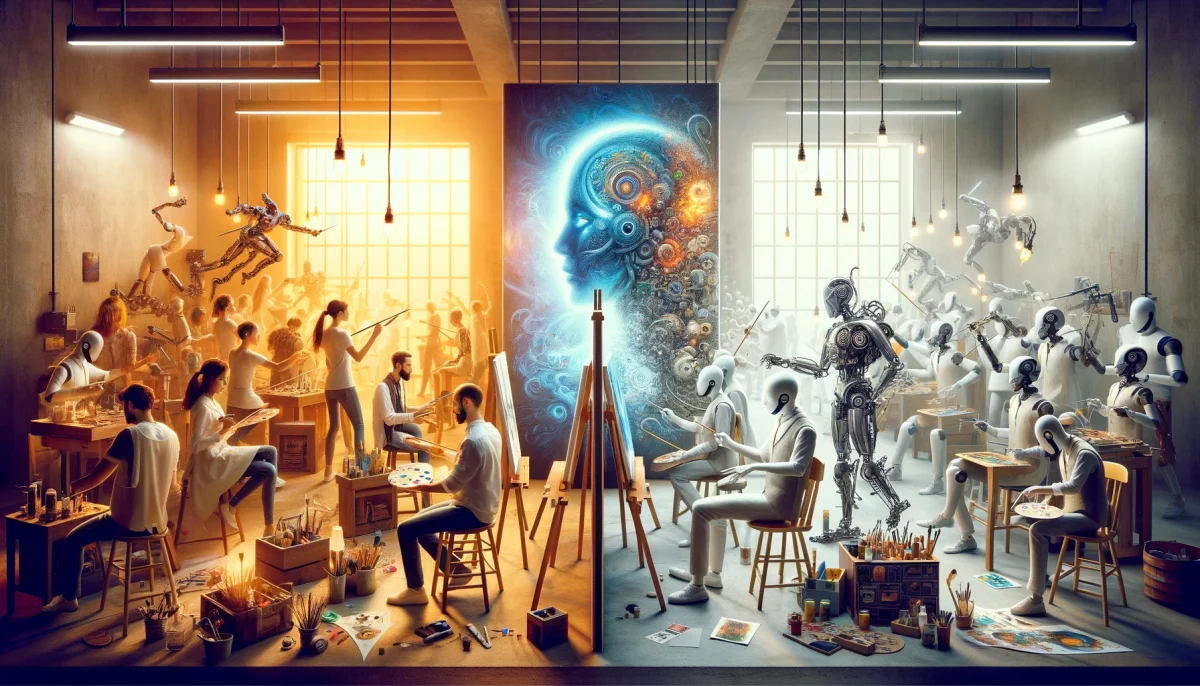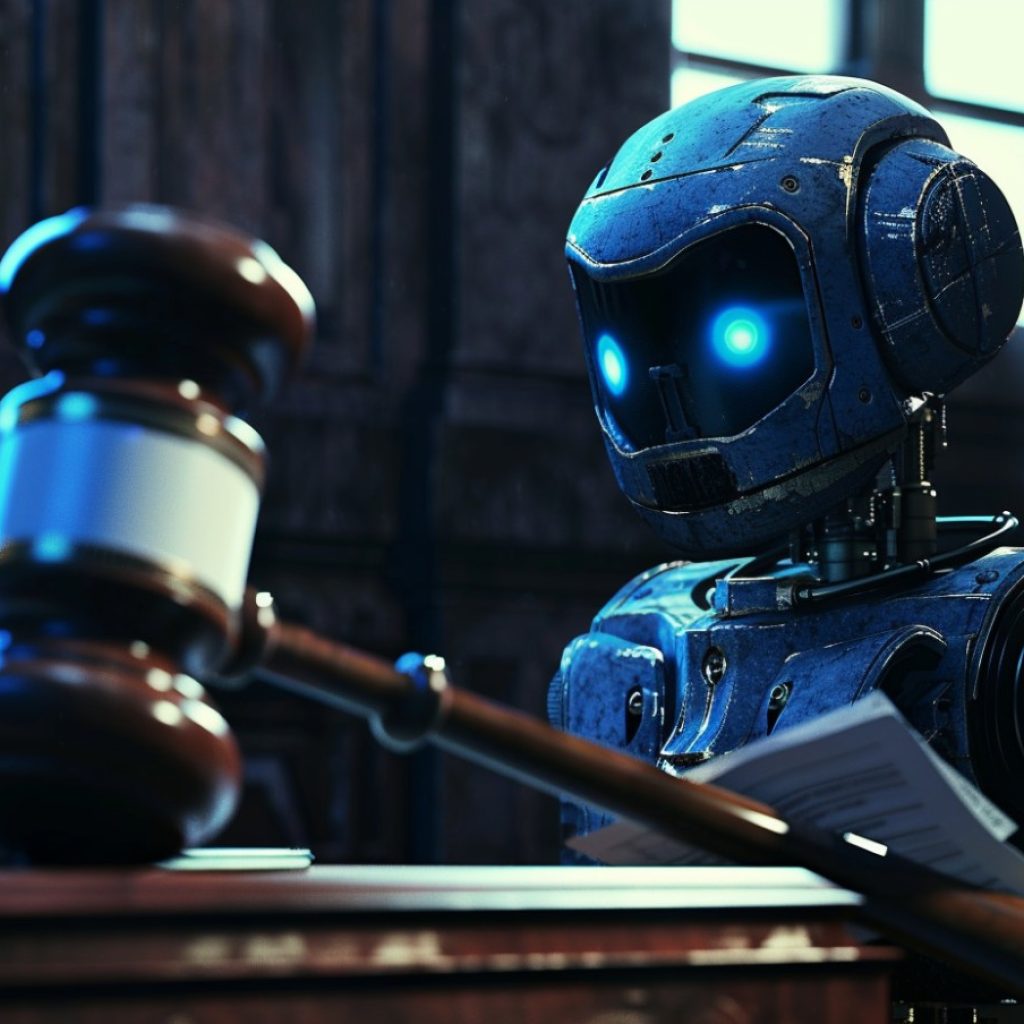In a rapidly evolving digital era, the integration of AI in media production processes is reshaping the creative landscape. With AI algorithms capable of generating realistic images, videos, and even scripts, questions arise about the future of traditional roles within the industry. As production companies, graphic designers, and advertisers embrace AI tools to streamline workflows and enhance productivity, concerns mount regarding the potential displacement of jobs previously held by camera crews, scriptwriters, actors, and other creatives.
While AI offers unparalleled efficiency, some argue that it risks sacrificing the essence of authentic human creativity. Amidst these debates, the media industry stands at a pivotal juncture, navigating the complexities of technological advancement and creative integrity.
The impact of AI in media production
With the advent of artificial intelligence, media professionals have witnessed a transformative shift in production dynamics. No longer confined by the limitations of traditional methods, AI empowers individuals to generate compelling content with remarkable speed and precision. The once labor-intensive process of creating images and videos now yields to the efficiency of AI algorithms, allowing for rapid iteration and experimentation.
AI’s ability to analyze vast amounts of data in various formats provides content creators with invaluable insights into audience preferences, thereby enhancing the relevance and impact of their work. While AI assumes a central role in media production workflows, concerns emerge regarding its implications for employment within the industry. Despite some viewing AI as a catalyst for innovation and increased productivity, others fear its potential to render traditional roles obsolete.
While AI enables unprecedented levels of efficiency in content creation, questions persist regarding its ability to replicate the depth and nuance of human creativity. Despite advancements in generative AI, critics argue that AI-generated content often lacks the soul and authenticity inherent in human-made creations.
The pursuit of hyper-realism through AI algorithms may inadvertently sacrifice the emotional resonance and cultural relevance found in human-driven narratives. Also, ethical considerations arise concerning the responsible use of AI in media production, particularly in the context of cultural representation and diversity. As the industry grapples with these challenges, the role of human creativity remains paramount in preserving the integrity and authenticity of media content.
Evolving industry trends and future prospects
As AI continues to evolve, its impact on media production extends beyond content creation to encompass distribution and audience engagement. The rise of personalized content consumption habits among younger demographics underscores the importance of AI-driven algorithms in curating tailored experiences. By leveraging data analytics and machine learning, media companies can optimize content delivery across various platforms, maximizing audience reach and engagement.
Also, AI-powered tools such as chatbots and virtual assistants are revolutionizing customer interaction, offering personalized recommendations and real-time support. However, as AI becomes increasingly integrated into the fabric of media production, questions arise about its long-term implications for creative autonomy and cultural diversity. While AI offers unprecedented opportunities for innovation and efficiency, its ethical and societal implications require careful consideration to ensure equitable access and representation within the industry.
In the ever-evolving landscape of media production, the integration of artificial intelligence presents both opportunities and challenges for creatives. While AI offers unparalleled efficiency and productivity, its widespread adoption raises concerns about job displacement and the erosion of creative authenticity.
As content developers navigate these complexities, the role of human creativity emerges as a cornerstone of ethical and culturally relevant media production. Looking ahead, the industry must reconcile technological advancement with the preservation of creative integrity, ensuring that AI remains a valuable tool rather than a substitute for genuine human expression. In this dynamic environment, the question remains: Will artificial intelligence ultimately enhance or diminish the role of creatives in shaping the future of media production?





